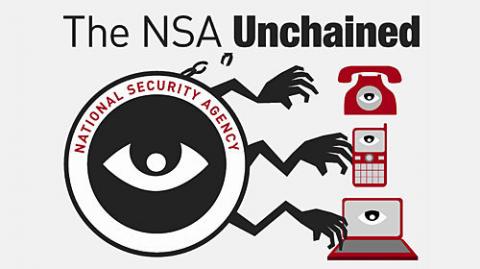Stalking refers to the act of intentionally and repeatedly harassing or threatening an individual over a specific period of time. Previously, such an illegal act was conducted directly in person. However, the wide availability of Internet access has caused it to shift from being a direct act to one which is now primarily online-based.
Online stalking also known as cyber stalking is facilitated through electronic means of communication such as email, social networking sites, discussion forums, instant messenger, online dating sites and text messaging. Continue reading









